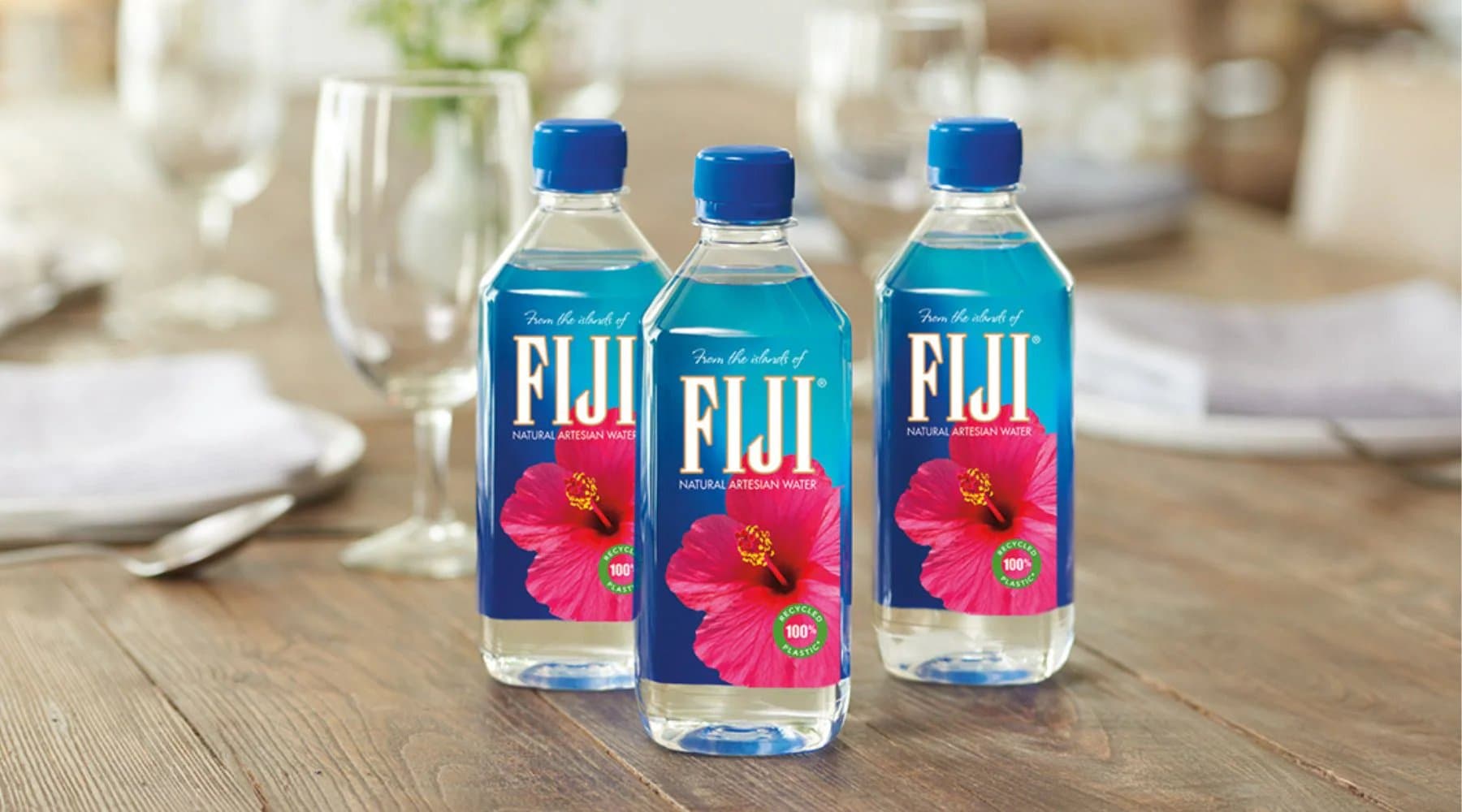Unmasking Marriott’s Green Claims: The Fiji Water Paradox Explained
Explore Marriott’s controversial green initiatives and the Fiji Water paradox, uncovering the truth behind environmental claims and their impact on workers and sustainability in the hospitality industry.

Key Takeaways
- Marriott’s green program prioritizes cost savings over true sustainability
- Housekeepers face wage cuts and health risks from the 'Make a Green Choice' program
- Selling $9 Fiji Water shipped 6,000 miles contradicts Marriott’s environmental claims
- Franchise hotels influence bottled water choices and pricing independently
- Fiji’s Nadi Airport is investing $17.5 million in tech-driven modernization

Marriott International’s so-called green initiatives have sparked controversy, revealing a disconnect between environmental messaging and business realities. Their “Make a Green Choice” program encourages guests to skip daily housekeeping, touted as a sustainability effort but criticized as a cost-cutting tactic that harms workers. Meanwhile, Marriott sells premium Fiji Water at $9 a bottle, shipped over 6,000 miles in plastic, undermining their eco-friendly image. This paradox highlights the challenges of genuine sustainability in hospitality. Beyond Marriott, Fiji is making strides with a $17.5 million deal to modernize Nadi International Airport, embracing technology for a smarter future. This article unpacks Marriott’s green claims, the Fiji Water paradox, and Fiji’s forward-looking infrastructure investments, offering a fresh lens on sustainability and business in the Pacific region.
Unveiling Marriott’s Green Choice
Marriott’s “Make a Green Choice” program invites guests to skip daily housekeeping in exchange for loyalty points, pitched as a way to save water, detergent, and energy. Sounds like a win for the planet, right? But scratch beneath the surface, and the story shifts. Housekeepers and labor unions reveal that this initiative primarily trims labor costs rather than carbon footprints. When guests opt out of housekeeping, fewer rooms need cleaning daily, which means fewer work hours and lost wages for housekeepers. Worse, when rooms are cleaned after multiple days, workers must use stronger chemicals to tackle accumulated dirt, risking eye damage, skin irritation, and respiratory problems. Environmental groups like the Sierra Club and the Union of Concerned Scientists have dismissed the program’s green credentials, calling it a disguised labor cost-cutting scheme that undermines both worker rights and true sustainability. So, Marriott’s green choice might be more about trimming payroll than saving the planet.
The Fiji Water Environmental Paradox
While Marriott nudges guests to skip housekeeping for environmental reasons, it simultaneously sells Fiji Water at a staggering $9 per bottle—bottled in Fiji and shipped over 6,000 miles in plastic containers. This practice flies in the face of the company’s green messaging. Transporting heavy plastic bottles across oceans burns fossil fuels, adding significant carbon emissions. Although Marriott has reduced single-use plastics in toiletries by installing refillable dispensers, the presence of premium bottled water in every room feels like a greenwashing contradiction. This paradox exposes a harsh truth: environmental claims can sometimes mask profit-driven decisions. Guests might feel good skipping housekeeping, but sipping on imported plastic water bottles undercuts those savings. It’s a classic case of mixed messages in corporate sustainability.
Franchise Realities and Local Decisions
Marriott’s brand stretches across many independently owned franchises, each making its own decisions on amenities like bottled water brands and pricing. This decentralized model means that while Marriott promotes the “Make a Green Choice” program, the sale of expensive imported bottled water like Fiji Water often reflects local market demands rather than corporate directives. This nuance complicates the narrative. It’s not always a top-down green scam but a patchwork of business realities. Franchise owners balance guest expectations, profit margins, and local preferences, sometimes at odds with corporate sustainability messaging. For consumers and investors, understanding this franchise dynamic is key to decoding Marriott’s environmental claims and the true impact on both workers and the planet.
Worker Voices and Guest Impact
Housekeepers have taken a stand against the “Make a Green Choice” program, distributing flyers during strikes to raise awareness about its negative effects. They report erratic schedules, reduced hours, and threats to healthcare benefits when guests skip housekeeping. The quality of cleaning also suffers; rooms cleaned after multiple days require harsher chemicals and more effort, potentially compromising guest satisfaction and worker health. Marriott praises its housekeeping staff and emphasizes guest satisfaction, but critics demand authentic sustainability programs that respect workers. This tension highlights a broader issue: true environmental responsibility must include fair labor practices. Ignoring the human element risks turning green initiatives into greenwashing, eroding trust among guests and employees alike.
Fiji’s Leap Toward Modernization
Beyond Marriott’s controversies, Fiji is charting a forward-looking course with a $17.5 million deal between Fiji Airports and Collins Aerospace to modernize Nadi International Airport. This partnership aims to integrate cutting-edge technologies like biometric processing, self-service kiosks, and real-time data analytics to streamline passenger journeys and enhance security. The project unfolds in two stages: core airport systems by 2026 and advanced biometric technologies by 2028. These upgrades promise faster check-ins, reduced wait times, and a world-class travel experience, boosting tourism and the broader Fijian economy. This investment reflects Fiji’s commitment to innovation and sustainability, contrasting with the mixed messages seen in hospitality. It’s a reminder that genuine progress requires both vision and action.
Long Story Short
Marriott’s green initiatives, while marketed as environmentally conscious, reveal a complex web of cost-saving strategies and conflicting practices. The “Make a Green Choice” program, though framed as eco-friendly, impacts housekeepers’ livelihoods and health, exposing the human cost behind the curtain. Simultaneously, selling expensive Fiji Water transported thousands of miles in plastic bottles starkly contradicts the green narrative, spotlighting the tension between profit and planet. Yet, Fiji itself is embracing innovation, with a $17.5 million modernization of Nadi International Airport promising a tech-driven, passenger-friendly future. For travelers and investors alike, these stories underscore the importance of scrutinizing sustainability claims and supporting authentic, worker-friendly environmental efforts. The path forward demands transparency, genuine commitment, and a balance between business realities and ecological responsibility.